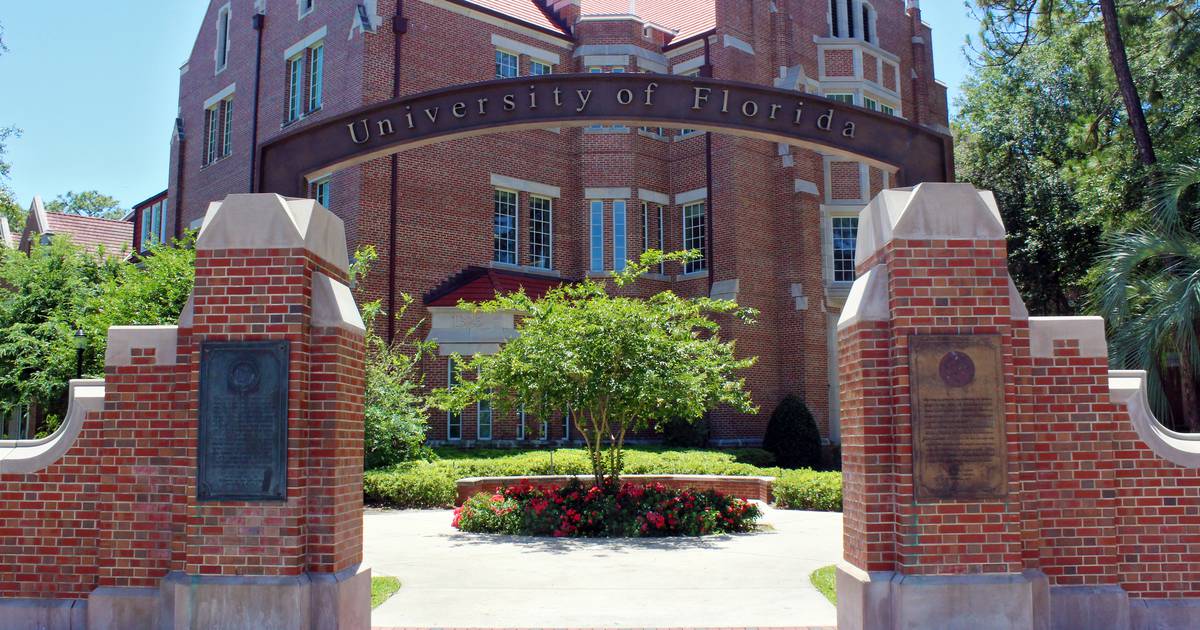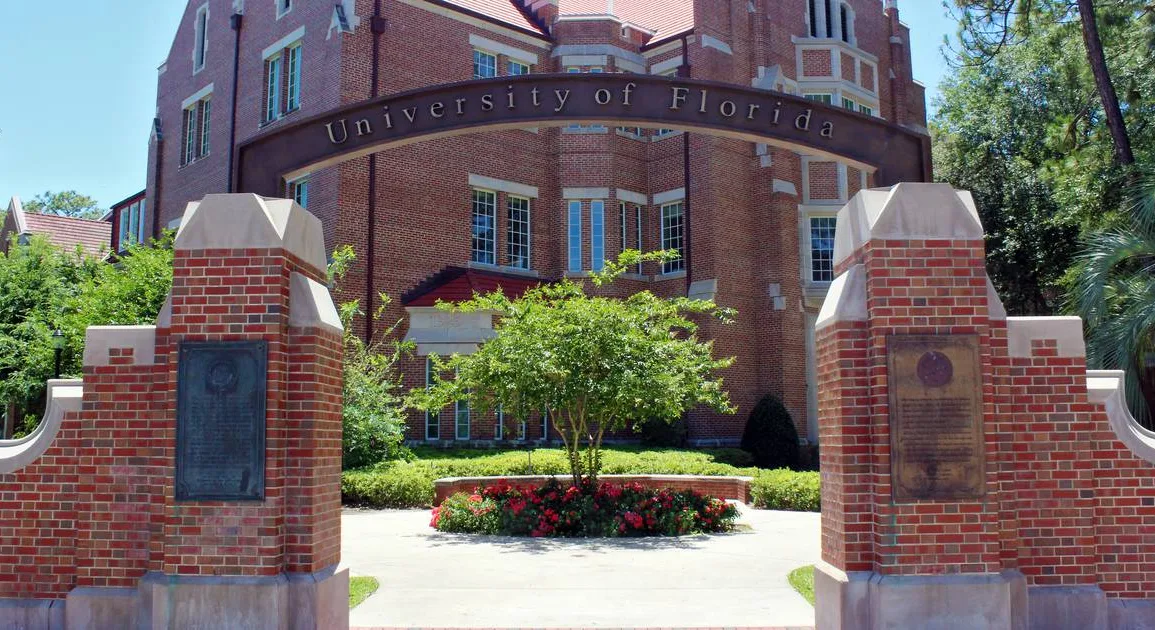
On Friday, the Board of Directors for the State University System of Florida voted to accept the Classic Learning Test (CLT) as an alternative option to the SAT and ACT when applying to their universities.
With Governor Ron DeSantis of Florida in the running for the Republican candidacy for president of the United States, these efforts seem to be in line with his attempt to overhaul the “woke indoctrination” of education.
This official test adoption marks the third time that DeSantis dismissed educational components of the College Board. Previously, DeSantis has banned the curriculum of AP African American studies, tangled with AP Psychology’s inclusion of LGBTQ+ content.
The CLT is a 2 hour exam and, although this exam is shorter in length compared to the SAT, both exams measure similar skills according to the testing website.
The test includes reading comprehension, grammar, algebra and mathematical problem solving. The main difference between both exams has to do with the reading comprehension section.
While the SAT focuses more on contemporary fiction, the CLT focuses more on classical liberal arts curriculum, according to FOX 35 News in Orlando.
“We’re measuring your ability to read the most important texts that have driven the development of history and culture for thousands of years,” said Jeremy Tate, the founder of the CLT, to NPR.
The SAT has fallen out of favor throughout many colleges over the recent years due to supposed inherent bias that favors affluent students over economically disadvantaged students, according to an analysis published by the New York Times.
The College Board responded to the test and Florida’s acceptance of it in a statement to Annenberg Media, writing, “The concordance published unilaterally by the Classical Learning Test (CLT) offers inaccurate claims about comparability between the SAT and CLT. College Board was not involved in or even made aware of the study.”
Director of marketing at CLT Taryn Boyes says that the test does rival the widely accepted SAT and ACT.
“It’s a much more comprehensive reflection of a student’s abilities because it’s not just testing what a student has learned in the past, but what a student’s potential is to learn new information in the future,” she said.
Jerry Lucido, professor of clinical practice at the Rossier School of Education, agrees that classical texts can be enriching but says they would not provide a better understanding of our contemporary world.
“The classics have a lot of value. There’s no question about that. But the classics represent a largely traditional canon that doesn’t represent the broad spectrum of our society or of the world,” Lucido said.
Some, like Lucido, see CLT as an opaque bid to sway the higher education curriculum towards more conservative politics.
“I think this is part of a political movement in Florida and some other states to control how colleges operate,” Lucido said.
Despite CLT being deemed a Christian-backed alternative to the SAT/ACT, according to an article by NPR, creators of the test argue the opposite.
“We are not a Christian exam […] we’re not religiously or politically affiliated and we hope that students in Florida and all over the nation will see CLT as another option to expand their educational choices,” Boyes said.
Still, many people are concerned about the alleged religious undertones of the exam.
“I feel like it’s really weird to expect people to pass a test about one specific religion to go to a school that they’re paying a ton of money for anyways,” said Laney Riley, a sophomore studying neuroscience and psychology at USC.
While the system seems to be raising alarms, some students agree with it.
“I think it sounds cool to me. I think reading old European texts such as C.S. Lewis can be pretty edifying,” Brandon Willingham, a USC alum, said. “I would say I’m all for it.”



